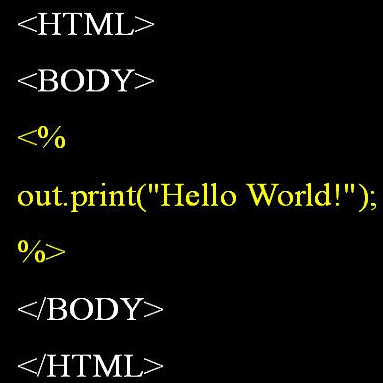Automated legal reasoning and its application in smart contracts and automated decisions are increasingly attracting interest. In this context, ethical and legal concerns make it necessary for automated reasoners to justify in human-understandable terms the advice given. Logic Programming, specially Answer Set Programming, has a rich semantics and has been used to very concisely express complex knowledge. However, modelling discretionality to act and other vague concepts such as ambiguity cannot be expressed in top-down execution models based on Prolog, and in bottom-up execution models based on ASP the justifications are incomplete and/or not scalable. We propose to use s(CASP), a top-down execution model for predicate ASP, to model vague concepts following a set of patterns. We have implemented a framework, called s(LAW), to model, reason, and justify the applicable legislation and validate it by translating (and benchmarking) a representative use case, the criteria for the admission of students in the "Comunidad de Madrid".
翻译:暂无翻译




